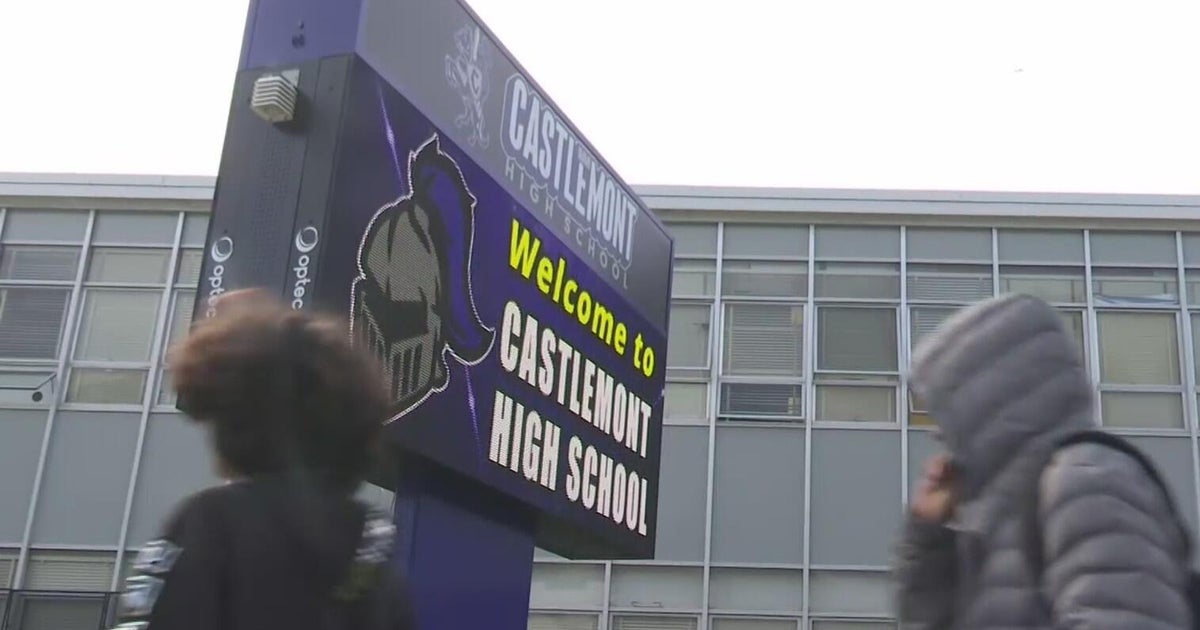On The Money: Bidding Wars
Cash-poor California is counting on more than a billion dollars in new revenue by selling State buildings. It's part of the budget deal lawmakers will be voting on later this week. But one of the bidders in the deal is crying foul – claiming that California should be getting much more money.
California is so deep in debt, it is trying to sell the Attorney General building in Sacramento.
The Franchise Tax Board complex is also on the selling block, along with the Department of Justice Building on Broadway in Sacramento – and the Capitol's East End complex. In all, the State is selling 11 valuable properties with 7.3 million square feet of space – to raise some much need cash.
But the firm that claims it put in the highest bid – QueensFort Capital of Miami, Florida – is wondering why the State of California has apparently rejected a very attractive offer.
"We put together a proposal that offered the State of California over $3 billion dollars - a billion dollars more than the next competing proposal," said James Lee of QueensFort Capital.
A billion dollars is a lot of money – especially for a State that's $19 billion in the red. Under the terms of the deal with QueensFort Capital, the State would rent back the office buildings and then, "at the end of the lease after 20 years, they get the buildings back for one dollar," noted Frank Kawalkowski, a commercial property broker who is part of the QueensFort team.
So why would the State reject a deal like that?
The agency in charge – the Department of General Services – would not explain why, but sent us a statement by e-mail that says, "we cannot confirm or deny the identity of any bidders or details about their proposals." The statement came from Eric Lamoureux, the acting Deputy Director for DGS.
But the QueensFort group did provide CBS 13 with details – they told us they bid $3.2 billion – compared to just $2.2 billion by a firm they identify as the winning bidder – Hines Interests – a property management company based in Texas.
 Comparison Between Hines and QueenFort Proposals (.pdf)
Comparison Between Hines and QueenFort Proposals (.pdf)
Hines is a major player in real estate, but reportedly has been saddled with a least three foreclosed properties in the Bay Area.
"It's a one time deal to sell these buildings," James Lee of QueensFort told CBS 13. "If you don't get the best deal up front - that money's gone. It's not coming back."
So what's wrong with QueensFort's $3 billion bid?
For answers, we turned to the Legislative Analyst's Office, where Mark Whitaker explored why the State may have rejected the deal.
"It requires higher lease payments than was originally asked for and also transfers all the costs of owning, maintaining and operating the buildings to the State - rather than QueensFort," Whitaker told CBS 13.
Whitaker added the bigger concern is the State's plan to sell the office buildings – then lease them back – and that doing so would probably cost taxpayers more money in the long run.
"It is a one time solution. It is not a lasting solution," Whitaker said.
The agency in charge of selling the State properties – DGS – told CBS 13 it is conducting a financial analysis to see if the sale/leaseback deal truly pencils out for taxpayers.
If you see examples of questionable spending, send us an e-mail to onthemoney@kovr.com. You can also follow On The Money stories in progress via Twitter at http://twitter.com/mikeluery







